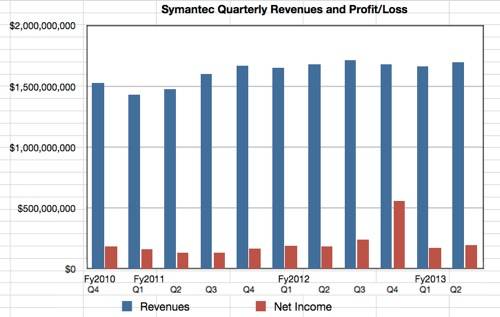Hackers crack Texan bank, Experian credit records come flooding out
Hackers managed to get login credentials for Experian’s credit scoring reports after they broke into the systems of Abilene Telco Federal Credit Union last year, it has emerged.
Crooks gained access to the west Texan bank’s systems after hacking into an employee’s computer. The September 2011 breach allowed the hackers to get their hands on login credentials for the bank’s account with Experian, exposing the details of millions to potential snooping in the process.
A subsequent audit revealed that the attackers had used the compromised account to download credit reports on 847 people, obtaining Social Security numbers, dates of birth and financial data on individuals across the US who had never held an account with the small Texan bank.
The breach is one of 86 incidents that have exposed data stored by credit reference agencies (Experian, Equifax and TransUnion) to snooping since 2006. Hackers have obtained this information not by going after the credit reference agencies directly but by targeting banks, auto-loan firms, data brokers, police departments and other organisations that have access to the sensitive information, which can be used by identity thieves to establish lines of credit under false names.
In total, more than 17,000 credit reports have been exposed by breaches at third-party firms over the last six years, according to an investigation by news agency Bloomberg. The figures come from breach notification letters unearthed by a privacy advocate who calls themselves “Dissent Doe”, and wishes to preserve their anonymity.
Most of the exposed records (15,500 credit reports) came as a result of 80 breaches against Experian’s database. Equifax was hit four times, resulting in the exposure of more than 1,200 reports. TransUnion’s was pwned twice, exposing 500 reports to unauthorised snooping, according to the DataLossDB.org website. The incidents all involved the theft of passwords and usernames from the credit bureaus’ customers. Dissent Doe is campaigning for a national register of breach reports.
Experian blamed malware attacks against its customers for a majority of the breaches.
“We continue to invest in the security systems we have in place to protect our clients and consumers,” an Experian spokesman told Bloomberg. “Of course, the first line of defence lies with end users who are obligated to manage and protect their credentials, which in all these instances were compromised through malware that infected their hardware and other illegal means.”
Jay Foley, a partner with the consulting firm ID Theft Info Source, told Bloomberg that the volume of seriousness of the breaches raises concerns that credit bureau haven’t invested enough in anti-fraud technologies capable of drawing attention to suspicious behaviour by their clients.
The wide range of data held by credit reference bureaus has become the focus of a Congressional investigation over recent weeks. ®
Article source: http://go.theregister.com/feed/www.theregister.co.uk/2012/10/29/credit_report_data_breach_worries/
